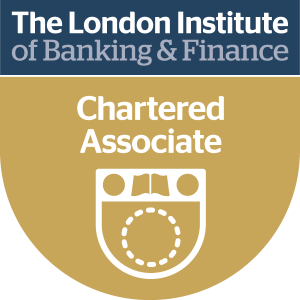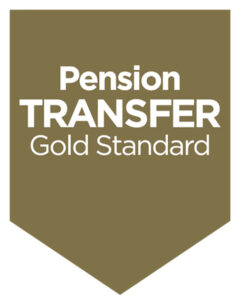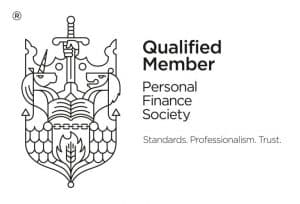
It’s been a turbulent year for UK finances, largely due to the Covid 19 pandemic and uncertainty surrounding Brexit, amongst other things.
Rishi Sunak, Chancellor of the Exchequer announced the budget for 2021, last week. This will of course have some impact on personal and corporate financial matters. We have summarised some of the main points below for the forthcoming tax year:
Personal Allowances & Taxes – The tax-free personal allowance will rise from £12,500 to £12,750 at the start of the new tax year and this will be frozen to 2026. Additionally, the higher rate income tax threshold will also be frozen and stand at £50,270 for the same period. Furthermore, annual capital gains, inheritance tax and the pension lifetime tax exemptions will be frozen.
Green Saving – The government is announcing a new ‘green’ savings bond product, to be introduced allowing individuals to invest in renewable energy projects.
Stamp Duty Land Tax – This holiday was due to due to end in March but has since been extended to 30 June 2021 on properties less than £500,000. The government will also guarantee 95% loan to value mortgages, which is beneficial to those looking to purchase their first home.
Furlough Scheme Extension – The scheme will be extended to the end of September, those on this scheme will continue to receive 80% of their salary. The scheme was due to end 31 April 2021. Firms, however, will be asked to contribute up to 20% in the later months.
Universal Credit & State Support – This has been increased by a further £20 for the next 6 months in order to support those families and individuals struggling. For the self-employed, new instalments of the self-employed, income support scheme (SEISS) will also be introduced.
Corporation Tax – The rate of corporation tax will rise from 19% to 25%, but not until 2023. The government has announced, this is to balance out spending from the Coronavirus relief provided so far.
Government Grants – Restart grants and apprenticeship incentives of up to £3,000 are available.
Alcohol, Fuel & Tobacco – There will be no additional rises for tobacco, duties for alcohol and fuel will also be frozen as has been the case with previous years.
Chancellor Rishi Sunak made great play about the measures he was introducing to support businesses and help get the economy back on track once lockdown is lifted. It seemed that a lot of these measures seemed to go down well with business leaders. Even though the headline seemed to be that business would be paying the bill through increased rates of Corporation Tax.
The facts don’t quite back this illusion up though. In tax year 2019/20 £52 billion was raised by Corporation Tax, which is just 6% of the total tax take of £825 billion. The vast majority as you can see comes from personal taxes. By reducing personal allowances in real terms (i.e., against inflation) the Chancellor will be raising most of his tax rises from personal taxation not businesses.
Don’t forget either that the Corporation Tax rises do not come into effect for two years and that the tax raised will probably be much lower anyway as businesses are recovering from the effects of the lockdowns.
This is not a political point, just pointing out the facts and figures.
More about Personal Allowances and Taxes
In terms of the impact of the budget on ordinary private individuals like you and me there appeared to be very little change.
The highlights from an individual perspective can be summarised as follows:
- Personal Allowances will increase to £12,570 from April 2021.
- But, after that this allowance will be frozen until 2025/26 – that’s five years. In real terms that means that we will pay more tax because allowance aren’t increasing.
- The basic rate of tax will remain at 20% and the higher rate will remain at 40%. The basic rate tax band will increase to £37,700 in April 2021 and then be frozen until 2025/26, Again that means we will pay more tax over the next five years.
- The Pensions Lifetime Allowance has been increasing at the rate of CPI (Consumer Price Index), but this increase has been removed which means that the Lifetime Allowance will remain at £1,073,100 until at least 2025/26.
- Capital Gains tax remains unchanged at 10%.
- The Inheritance Tax nil rate band has been frozen until 2025/26.
So, on the face of it no change might seem like a good thing, but with inflation it means that we will be effectively be paying more tax over the next five years.
These above points are a brief overview however, further information on the budget can be found on the government website, at this link: https://www.gov.uk/government/topical-events/budget-2021
Our Financial Experts at CCFPS are here to assist our clients and individuals with all aspects of financial planning and financial advice needs for the 2021/22 tax year and beyond. If you have any concerns regarding the budget announcements, please call our offices or email and we will be happy to assist you.


















